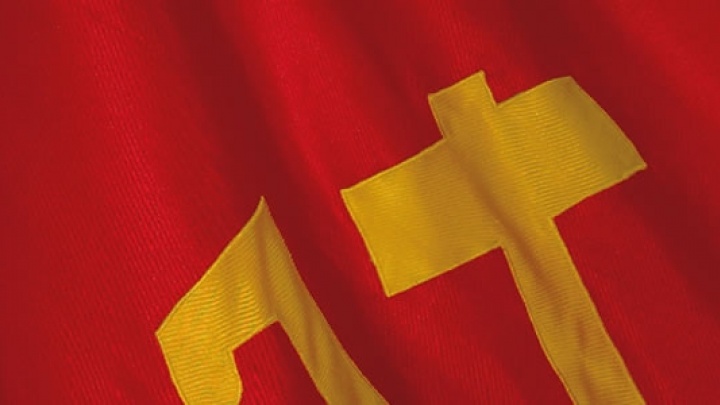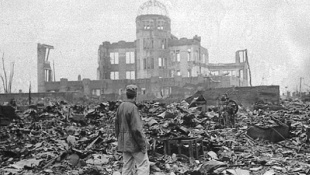Translated "Avante!" article by Albano Nunes, Member of the Secretariat of the CC
The Democratic Liberal Party’s overwhelming victory, contrarily as certain commentators state, during Japan’s recent elections, not being of an easy nor clear understanding, does not represent any kind of support wave to nationalist and militarist positions, lead by Shinzo Abe, the DLP leader and new prime-minister. The Japanese Communist Party’s opinion ( holding 3,56 million votes and 6,13%, has improved its electoral expression , although having lost a member of parliament) signifies this is not a real political option and Japan is running into a new stage in which “ the DLP’s policy, in practise for 60 years, has reached an impasse and more and more people search for a new political direction”.
In fact, this outcome is inseparable from the perverse electoral and political system on which the great capital dictatorship is established, a system in which the DLP plays a structuring party-government role, barely interrupted by the Democratic Party ‘s victory ( “overwhelming” in itself) during the 2009 elections, alias, following the rotation logic which exists within the majority of capitalist countries and was useful to legitimate the “return” of the main Japanese imperialism servile.
Calling upon the attention that these elections registered the greatest abstention ever, the Japanese Comrades consider that this fact” shows the people are looking for a new political guideline”, underlining that for that to happen “it is essential to build a stronger JCP, closely attached to the people and able to ensure a perspective for Japan’s future”.
This signifies, that , within the country of the Rising Sun, as well as amid the whole of the capitalist countries, the social forces arrangement and the will to change, coming from the great masses, concerning both an anti-monopolist and anti-capitalist sense, has no correspondence with the political plan and much less with the electoral , and the smashing DLP ‘s victory , which together with the New Komeito holds a majority of two thirds in the House, does not necessarily represent the social and political basis enlargement of the great capital forces. Most probably, the opposite is happening. And precisely, in order to conceal that reality, the most reactionary sectors of the Japanese society are inciting nationalism, denial, concerning the hideous crimes committed by the Japanese troops abroad ( particularly during the Korea occupation and China’s invasion), expansionism and militarism.
Confronting the deepening of the capitalism structural crisis and the inter-imperialist contradictions worsening, in result of a recession which has been carrying on for two decades and the decline of the political and economic importance of a country which, for a long time, was considered as a capitalism “locomotive”, the “ run ahead” temptation of the Japanese dominant class is revealing. And particularly disturbing is the campaign re-launching unto the Japan’s Constitution revision, in order to legally cover the expansionist foreign policy which has been put in practise in alliance with the USA (and NATO), although conflicting, but close, within the framework of the Nippon / North-American “security” Treaty created and nurtured in order to “ refrain communism” and ensure the imperialist domain within the Asia-Pacific region.
And therefore, it is of major importance to follow-up Japan’s foreign policy evolution, in the belief the Japanese people and their powerful peace movement will not allow Japanese great capital new and dangerous adventures, but instead, recalling History lessons, never forgetting the fact that the Nippon imperialism has as an asset - as in the Nanquin massacre, which 75th anniversary was recently remembered - some of the imperialism’s most horrific crimes. As underlined by our XIX Congress, along with the crisis deepening, the struggle against fascism, militarism and war hold a renewed importance.


